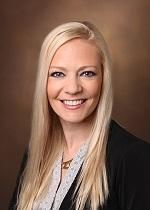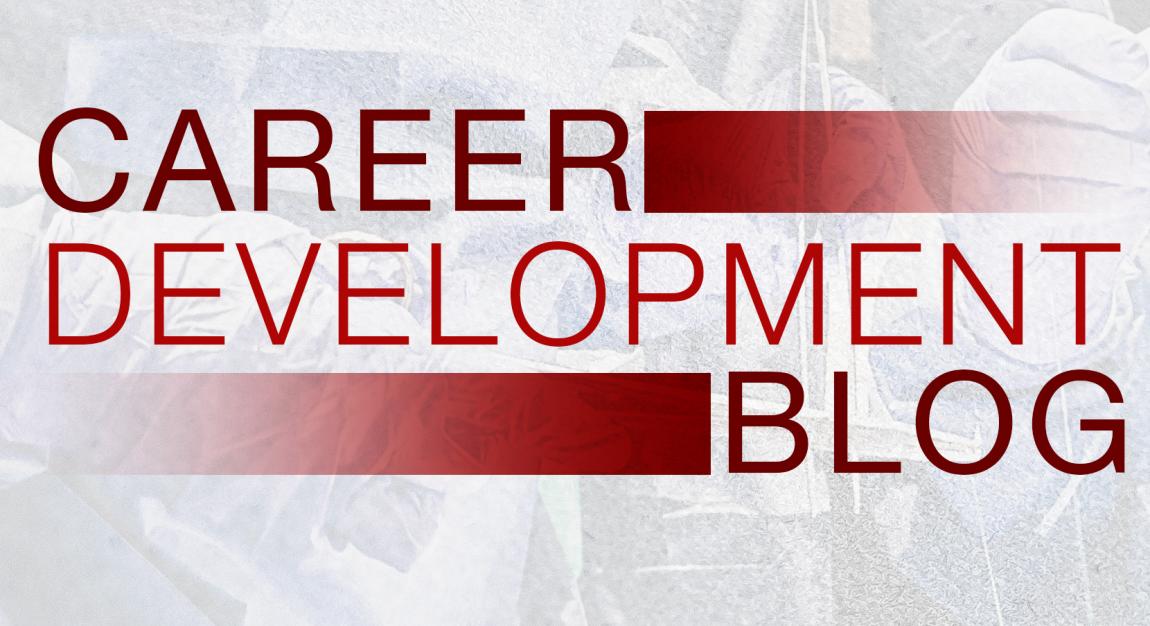
Over the last 2 decades there has been a considerable uptick in the number of women entering the field of cardiothoracic surgery. As our field garners more interest from female medical students and residents, some of the age-old questions I frequently get asked are, “Is it possible to have a family in such a rigorous profession?” and “When is the right time to have children?”
While I had hoped that this conversation would have progressed across all specialties since the time I was a medical student, I’ve learned that these questions still prevail and discourage many young women from considering the field altogether. Additionally, fertility and childbearing pose real challenges for busy residents and young attendings who want to start families amid hectic and physically demanding work schedules. Unfortunately, the length of CT surgical training remains one of the biggest challenges for women to overcome.
Historically, many residents postponed the idea of having children until their training was completed, but this left many women, including myself, staring down the barrel of advanced maternal age and possibly even infertility. Today, I think both women and men are more comfortable talking about their experiences in starting families and, as a result, we as a profession are growing and learning how to support and help young CT residents and attendings navigate these challenges.
When I was 32 years old, an older friend of mine asked me at brunch one day if I knew anything about egg harvesting. At the time, I really had never considered it. I thought it was something isolated to women who were already struggling to conceive and shrugged childbearing off as something I would navigate with time. Fast forward 6 years and reality had set in. I was still a trainee and no closer in my personal life to achieving my goals of getting married and having a family. By pure luck, at a leadership conference one day, I sat at a table with several OB/GYN residents and summoned the courage to inquire about egg harvesting. What I learned truly changed my life. The first words they unanimously told me were, “Yes! It’s a great option, and we wish more women in surgery would learn about the benefits of it!” Needless to say, I set up a consultation, inquired about the financials and institutional discount offered, and made the decision to begin the process. While my personal experience was a success and overall rather uneventful, what I remember most was how empowered I felt to take control of the part of my life that I thought had been taken away from me because I was focusing on my profession.
What I remember most was how empowered I felt to take control of the part of my life that I thought had been taken away from me because I was focusing on my profession.
As an early career attending now, I have written and spoken on the benefits of egg harvesting on a variety of platforms. In doing so, I’ve heard stories from other women who have had both positive and negative experiences. On one such panel, the fertility expert was asked when women should start to consider this as an option. The expert suggested that it is always better to be proactive about your future when you are healthy, young, and fertile rather than when there are increased stressors and difficulties related to advanced age. In this regard, women should seek counsel as early as possible about the options available to them if they want to wait to start their family, have health concerns, or haven’t reached their desired place in their personal lives. As I plan for my own family now, my doctor has referenced my egg bank as “my insurance policy.” What has been even more fascinating to me through this journey is the number of male colleagues who have opened up and talked to me about their wives or sisters who have gone through egg harvesting and/or in vitro fertilization. My personal feeling is that we are now opening the door to these important conversations, which will help female students, residents, and attendings navigate childbearing more easily.
Pearls of Wisdom:
- Earlier is better. It is never too early to begin thinking about this, and some experts even suggest that women should explore egg harvesting as early as when they’re in medical school. Additionally, the process is often more successful if you are still fertile, rather than delaying it to a time when you are struggling with fertility.
- Be open and ask questions. You will be surprised at how many women (and men!) are willing to talk about this and share their experiences and advice.
For me, egg harvesting took away my fear of being “unable” to have a family due to advanced age or choosing to focus on my career; instead, it empowered me with the idea that “all things are possible.” In hindsight, I wish I had really understood, researched, and known about the benefits of harvesting my eggs when the concept was first presented to me. My only regret is that I did not do it sooner, and I hope that, by sharing this experience, I can enlighten more women in CT surgery and help them realize that there are many paths and options for pursuing family plans without sacrificing professional goals.
The opinions expressed in this article are those of the author and do not necessarily reflect the views of The Society of Thoracic Surgeons.
